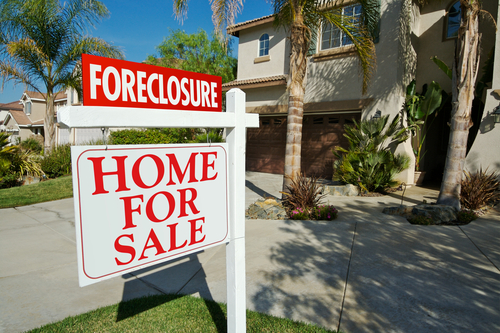U.S. Sen. Pat Toomey (R-PA) is urging the Treasury Department and the Federal Housing Finance Agency (FHFA) to retain taxpayer protections to guard against future bailouts of Fannie Mae and Freddie Mac.

Toomey is referencing the fact that Treasury and FHFA suspended certain restrictions on Fannie and Freddie’s risk taking on Sept. 14. Those protections, known as the Preferred Stock Purchase Agreements, had been added in January 2021. The next day, FHFA proposed reducing the amount of capital required to be held by Fannie and Freddie to absorb future losses.
Toomey, ranking member of the Senate Banking Committee, sent a letter to Treasury Secretary Janet Yellen expressing concern over the decision to allow Fannie and Freddie to take on higher risk loans, especially as the United States is already facing a housing supply shortage.
“Besides increasing the risk of another bailout, this suspension will likely put less creditworthy borrowers into highly leveraged homeownership at what could be the market’s peak,” Toomey wrote to Yellen. “That will not materially change homeownership rates, but it will put low-income, first-time, and minority borrowers at risk of foreclosures that again wipe out generational wealth.”
Toomey said a material reduction in the government sponsored entities capital requirements could pose a risk to financial stability, citing a September 2020 report from the Financial Stability Oversight Council (FSOC).
“In the 2000s, flawed federal policy steered many borrowers, especially low and middle-income borrowers, into purchasing homes they could not afford. When the bubble burst, those homebuyers, many of whom were minorities and first-time homeowners, suffered severe losses in generational wealth,” Toomey said. “Fifteen years later, the Biden administration is repeating the very same mistakes. Relaxing restrictions on risky mortgages when housing supply is near a record low risks overheating an already-hot market. Unfortunately, we know how this ends: wiped-out homeowners, and another wave of taxpayer bailouts.”